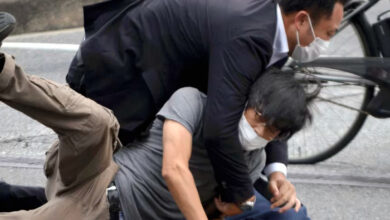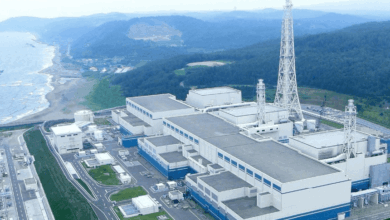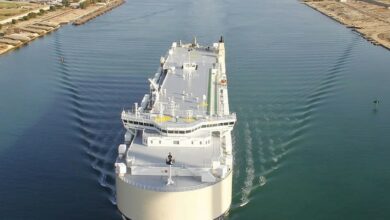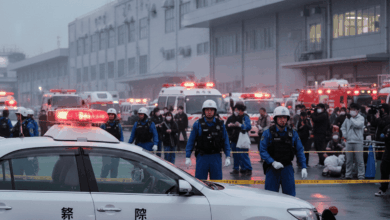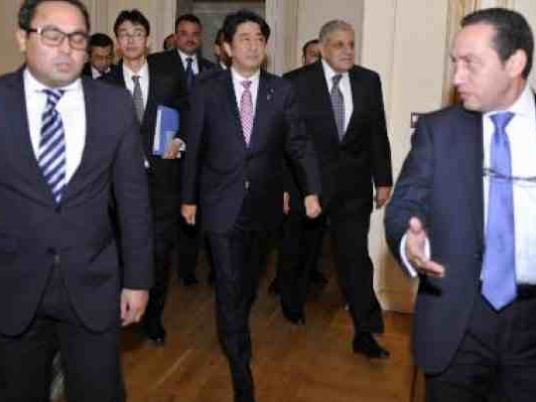
Japan's ruling party on Tuesday urged the government to push for a return to nuclear power in deliberations on the best energy mix, which is likely to be opposed by a public wary about atomic energy in the wake of the Fukushima disaster in 2011.
Prime Minister Shinzo Abe's Liberal Democratic Party (LDP) said the government should boost stable "baseload" energy supplies – nuclear, coal, hydroelectric and geothermal – to about 60 percent of the total by 2030 from 40 percent now.
"We think restarting nuclear reactors and using nuclear power as a source of supply, after securing its safety, would be favourable for Japan's energy composition," Fukushiro Nukaga, the chief of an LDP panel on energy policy, told reporters after presenting the plan to Abe.
The Ministry of Economy, Trade and Industry, which oversees the power sector, has been holding panel meetings on the energy mix since January.
To achieve 60 percent baseload power, nuclear would probably account for 20 percent of the total mix, the Asahi newspaper said last week, citing the difficulty of burning more coal amid a global push to cut greenhouse gases or wringing more hydro power out of Japan's heavily dammed rivers.
Nukaga declined to comment on what the nuclear proportion would be, saying that would need further discussion. The government should push for maximum use of renewables as well as boost energy conservation, he said.
All of Japan's reactors are offline as utilities strive to meet tougher standards imposed after the worst nuclear accident in a quarter of a century.
Two nuclear plants have cleared the main safety hurdles for restarts, but a wholesale return to nuclear reliance would run into big political and operational difficulties.
Opinion polls regularly show most Japanese people want to phase out nuclear power, which supplied about 29 percent of the country's power before the 2011 disaster.
Abe's coalition partner, Komeito, also wants atomic energy gradually phased out and the Asahi said some LDP members were opposed to its return.

